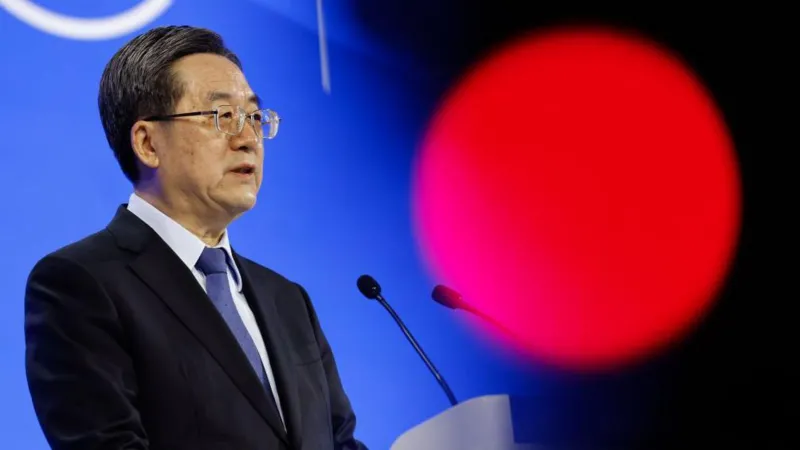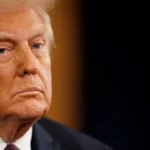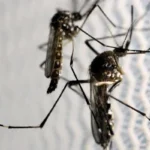Speaking at the World Economic Forum in Davos, Switzerland, China’s vice premier, Ding Xuexiang, stated that his nation wants to increase imports and was searching for a “win-win” solution to trade disputes.
The US was not specifically mentioned by him.
Trump promised to impose border taxes, or tariffs, of up to 60% on Chinese-made goods during his campaign, but on his first day in office, he postponed any immediate tariff action and instead directed his team to conduct research on the matter.
Economists link the flattening of US goods imports from China since 2018 to a succession of increasing tariffs imposed by Trump throughout his first term.
When the two nations signed an agreement in 2020, the standoff came to an end.







